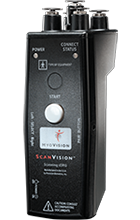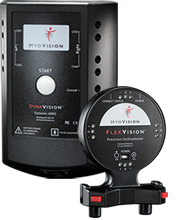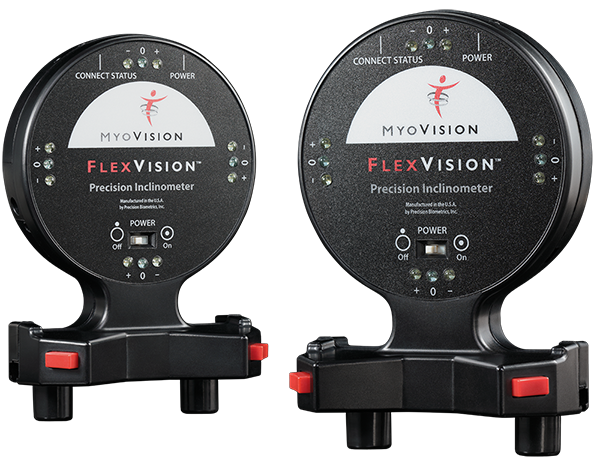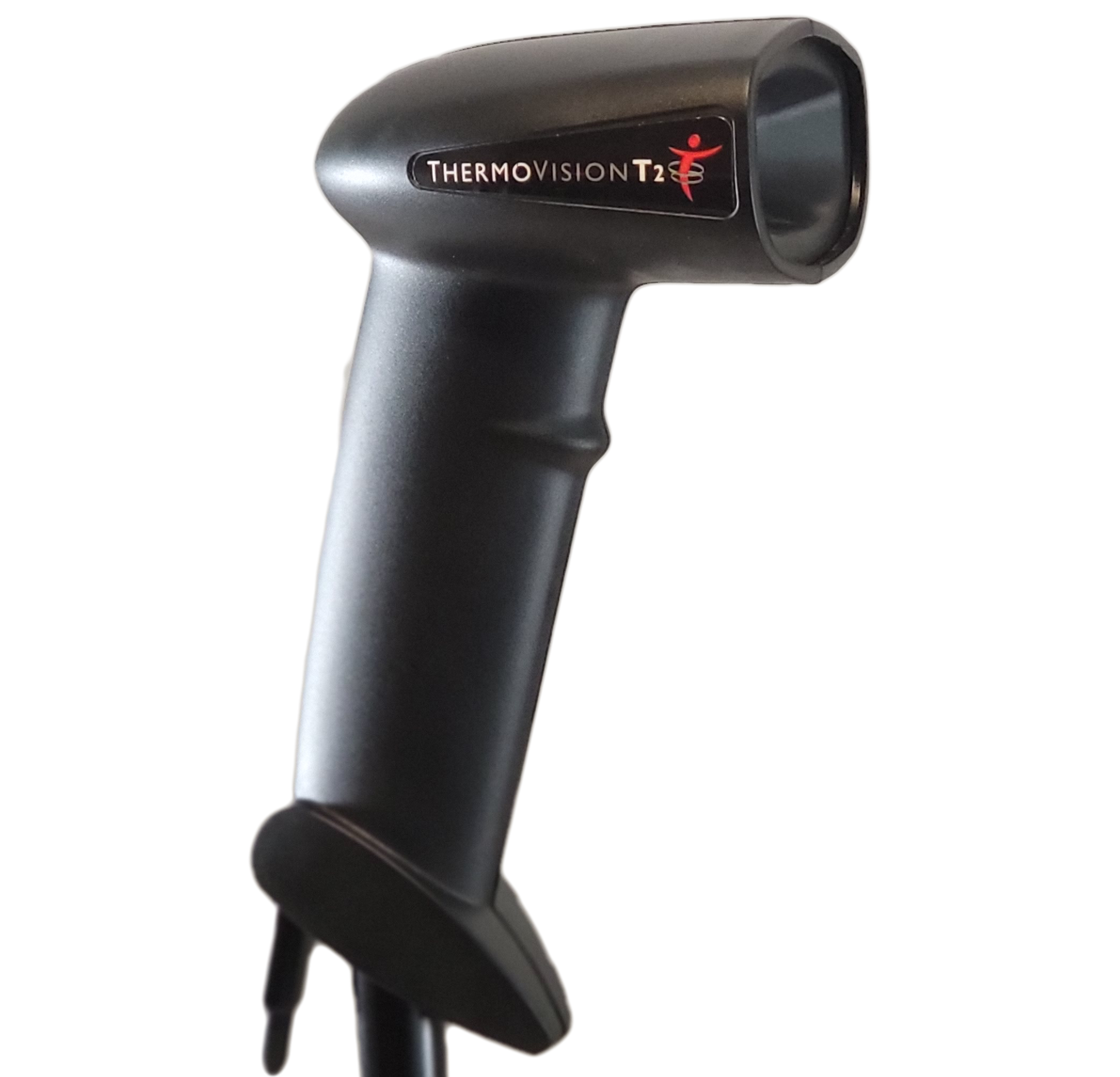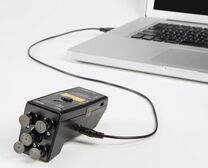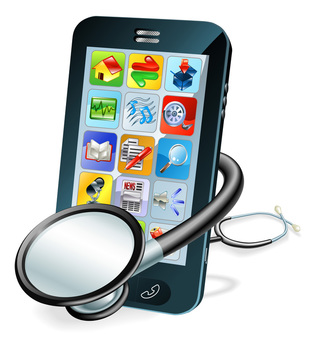MyoVision Blog
Stop wasting money replacing batteries!
ScanVision sEMG users: there are cost saving alternatives to batteries. Are you spending hundreds of dollars replacing the batteries in your ScanVision? Well, what if we told you that you don’t have to? We have…
The Easiest NP Conversation You’ve Never Learned w/ Josh Wagner
Dr. Josh Wagner has created easy to follow communication for any DC to convert new patients’ mentality from: “Can this chiropractor help me?” to “When Can I Begin?” All without heavy education or force. On…
Cover Your Assests
By Nancy Miggins, DC & David Marcarian, MA The current healthcare ecosystem mandates efficiency and objectivism. The requirements to document, bill third party payors and actually get paid are becoming increasingly more rigorous and laborious….
Turn Patients Smartphones into Genius Phones with Spinal Specific Marekting
Written by David Marcarian, MA and Nancy Miggins, DC As the original Chiropractic “Technogeek”, I feel obligated to make the lives of Chiropractors easier and more productive through the use of technology. One age-old issue…

